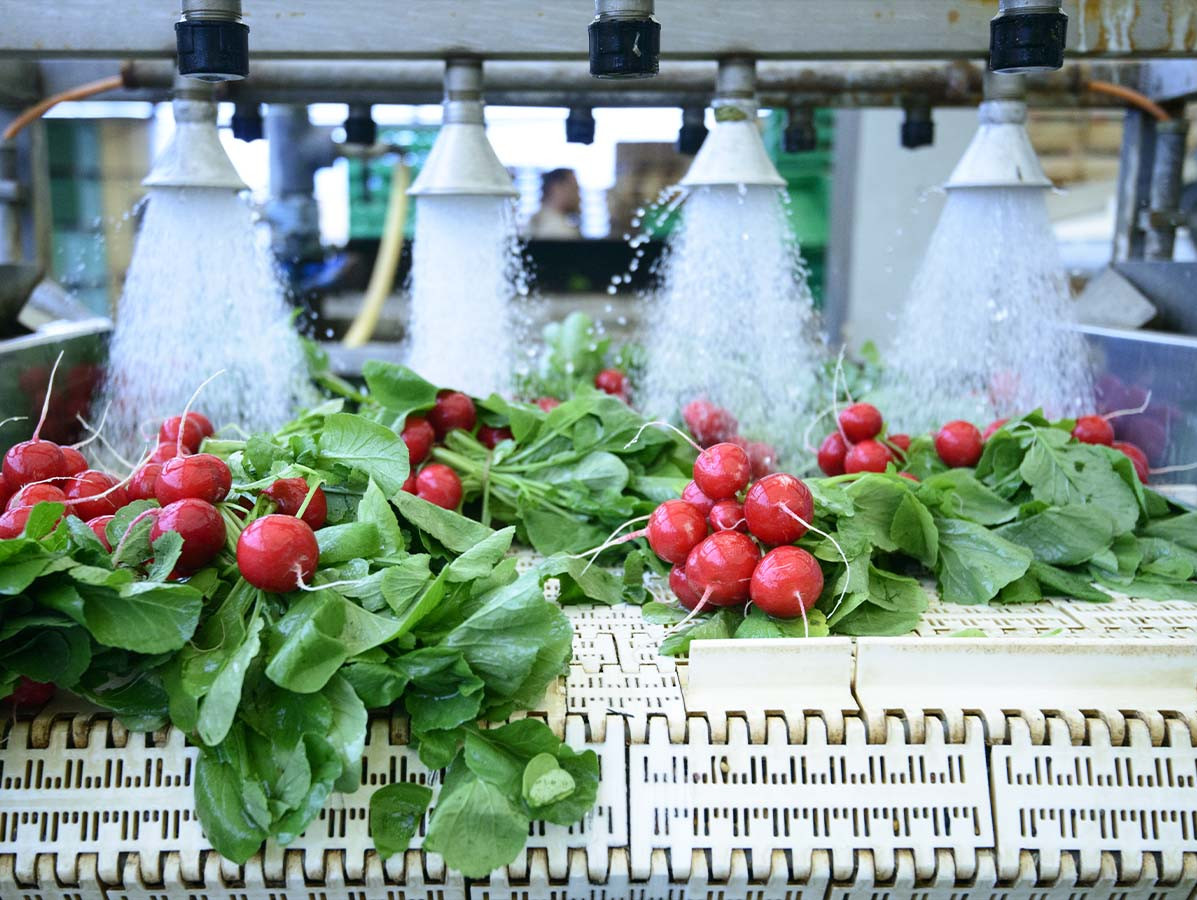
The persistent labor shortage is pushing the Dutch food industry to accelerate investments in automation. This technological advancement is necessary to boost productivity and strengthen their competitive position. "Acceptance of automation in the workplace is essential. You can only achieve this by actively involving employees," says Ceel Elemans, Sector Banker at ING. The success of these investments depends not only on the technology itself but also on employee engagement.
The shortage of qualified personnel, as reported by over a quarter of companies in the food and beverage industry, doesn’t appear to be easing anytime soon. Finding technical staff to install and maintain robots is particularly challenging. The structural rise in wages within the sector makes technology investments essential to manage costs. Automation offers solutions for primary processes such as cutting, packaging, and handling, even though these machines often have to operate in challenging environments like extreme temperatures or high humidity.
According to Elemans, involving employees from the outset is critical to the successful implementation of automation. Without their support, the introduction of new technology can face resistance. By investing in employee training, companies not only ensure staff engagement but also equip them for the future. This investment in skills helps prevent employees from leaving for other sectors, ensuring companies remain attractive employers.
With over 4,000 robots already in operation, the Dutch food industry is among the European leaders in automation. However, the shortage of technical staff remains a bottleneck. While automation can make processes more efficient, its full potential remains untapped without the right people to manage and maintain the technology.
Source: ING